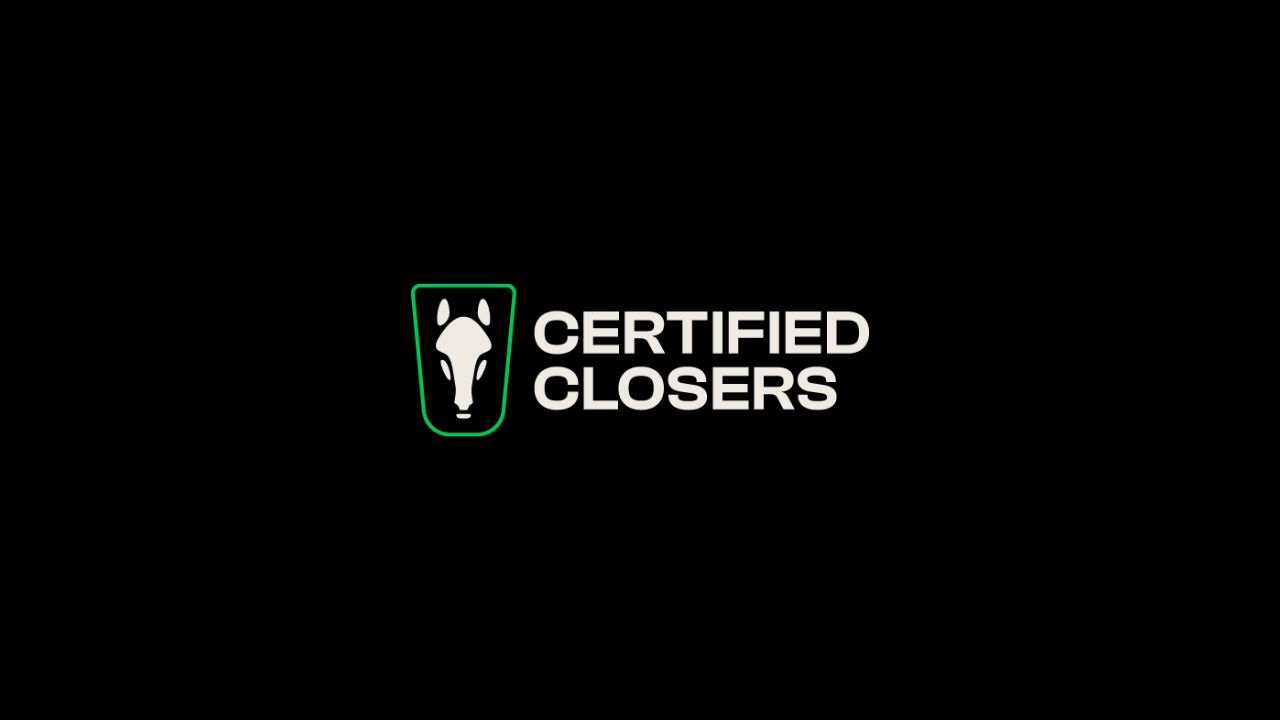I didn’t grow up in a picture-perfect home. Love, for me, was inconsistent…sometimes loud, sometimes distant, but never stable.
So I became obsessed with understanding it. Not the Hollywood version. The real stuff.
I spent years studying relationships…how they form, how they break, and what it takes to build ones that actually last.
Eventually, I became the person people called after the breakup. After the third fight in a week. Or when they were about to give up on love entirely.
That turned into coaching.
At first, just a few clients. Then more.
Then hundreds of people, all through word of mouth.
I was the coach people referred when nothing else worked. And I was good. Really good.
But here’s what no one tells you…
Being a great coach doesn’t automatically make you a great business owner.
I was still doing it all..coaching, content, sales calls, admin.
And I realized I was the bottleneck in my own business.
If I didn’t fix it, I’d burn out.
And worse…I’d limit how many people I could help.
That’s when a friend introduced me to James Sansone from Certified Closers.
She said, “If you’re serious about scaling this… he’s the best guy on the block.”
And she wasn’t lying.
The “villain” in this part of my story?
It was outdated systems, messy offers, and me trying to juggle everything without a clear path to grow.
I knew my coaching changed lives.
But I didn’t have a business model that matched the impact I was making.
James Sansone and the Certified Closers team
From day one, they brought clarity, structure, and firepower to my vision.
Here’s what they did:
✅ Front-End Packaging:
They helped me niche down and build an offer so irresistible, my ideal clients felt like I was reading their mind. It wasn’t just a “coaching package” anymore…it was a solution they needed now.
✅ Paid Ads Management:
They ran Facebook and Instagram campaigns that didn’t just get likes—they brought in leads who were actually ready to change their lives. Every dollar spent started working smarter, not harder.
✅ Sales Process Optimization:
James refined my entire sales funnel. Every touchpoint, every follow-up, every conversation became intentional—and it showed in my conversion rates.
✅ Automation & Scaling:
They automated the parts of my business that were draining my time. From lead nurturing to follow-up sequences, we set systems in place that freed me up to focus on coaching.
✅ Removing Me from Daily Sales:
This was the biggest shift. James built a process that allowed me to step back from constant selling. Now, I’ve got a team in place and a system that converts—without me having to be on every single call.
✅ Training & Development:
He didn’t just set it and forget it…his team trained my people, equipped them with proven sales strategies, and helped us lock in a high-performance culture.
With Certified Closers by my side, I transitioned from “coach with a gift” to “coach with a movement.”
We hit record months.
I finally had time to breathe.
And most importantly…I was impacting more lives than ever before.
My calendar isn’t chaos anymore.
I have freedom, consistent income, and scalable growth.
But most importantly, I’m living in alignment…doing what I love, while letting a world-class team handle the growth engine behind the scenes.
You can be brilliant at what you do…
But if your systems are broken, you’re capping your impact.
James Sansone and Certified Closers didn’t just help me scale.
They gave me my mission back, with more power behind it.
Now, every Friday, I pour a glass of wine, light a candle, and look at our client success board.
It’s covered in wins.
And I smile, because I know:
This isn’t just a business anymore.
It’s a legacy.
If you’re a coach, expert, or visionary trying to scale your brand I would suggest to stop doing it alone.
Get in touch with James Sansone and the Certified Closers team.
They don’t just close leads.
They open doors you didn’t even know were possible. That’s all I am going to say!

 News6 years ago
News6 years ago
 News6 years ago
News6 years ago
 News6 years ago
News6 years ago
 News6 years ago
News6 years ago
 News6 years ago
News6 years ago
 News6 years ago
News6 years ago
 News6 years ago
News6 years ago
 News6 years ago
News6 years ago




